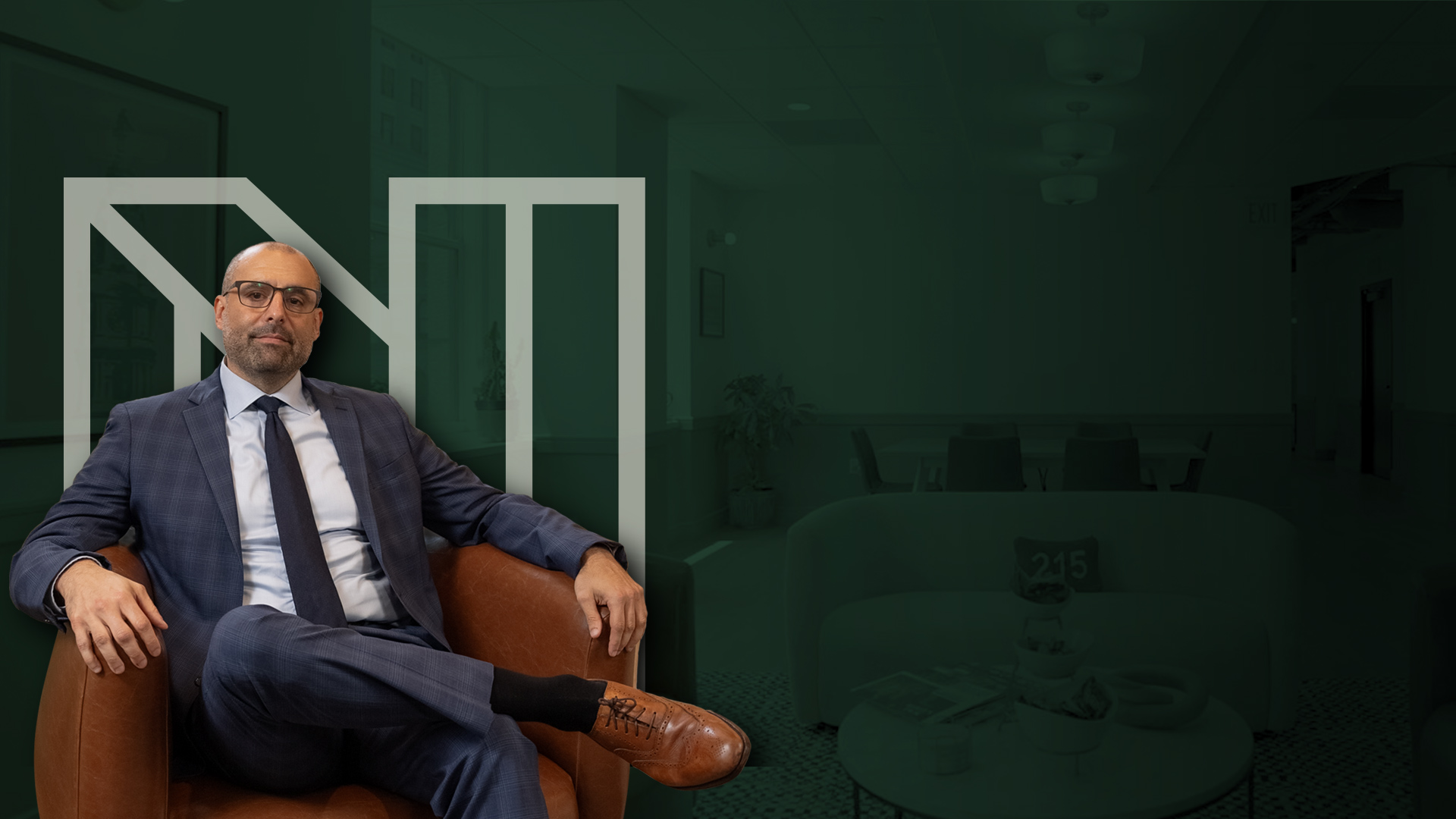Real
Matters,People,Results,Experience,Estate
.
Grounded in law. Focused on people.
Nochumson P.C. helps clients across the Philadelphia region navigate legal issues with confidence. From real estate deals to zoning relief and litigation, we deliver clarity and results, grounded in decades of experience.







Law That
Moves the Needle.
At Nochumson P.C., we do not just practice law — we solve problems. Our firm is built on relationships, grit, and a deep commitment to the Philadelphia region. Whether it is securing a variance or closing a complex real estate deal, we guide our clients with clarity and purpose.
Areas of Services
Our multifaceted offering of services allows us to better serve the people of Pennsylvania and New Jersey. From real estate to litigation to business counseling and more, our knowledgeable and experienced team of attorneys has the proven results to represent individuals and businesses. Explore our services to see how we can serve you.
LEARN MORE
![]()
Real Estate
We represent developers, investors, brokers, agents, landlords, and tenants in purchases, sales, development, leasing, and property management, skillfully handling every phase of the real estate process with clarity and care.
LEARN MORE
![]()
Land Use & Zoning
With deep knowledge of zoning laws and agency procedures, we help clients navigate city regulations, community boards, and approval processes, cutting red tape to move projects forward effectively and efficiently.
LEARN MORE
![]()
Litigation
We represent clients in real estate and business disputes, including contract claims, construction issues, evictions, title matters, foreclosures, and employment-related cases—always with a clear plan and strong advocacy.
LEARN MORE
![]()
Business Counseling
From formation through growth and exit, we help business owners manage risk, structure operations, and resolve issues—offering proactive, practical legal advice designed to keep things moving in the right direction.
Our Attorneys
Legal Perspective.
Personal Approach.
Nochumson P.C. was founded in the heart of Center City, and our roots in Philadelphia run deep. We know the neighborhoods, the politics, and the process — because we live and work here too. Clients choose us not only for our credibility and legal insight, but because we listen, we care, and we stay invested. Over the years, our personal approach has built long-standing relationships across the region and led to outcomes that speak for themselves. Let us show you what that looks like in action.


Alan gives a great deal of advice on very sophisticated situations and makes the legal process very smooth. His knowledge base is far greater than just about anyone else's in the city in terms of understanding rules, regulations, and zoning processes.
Sam Akif
| McCann Commercial Real Estate
The boutique firm feel at Nochumson P.C. offers a more intimate experience. They prioritize responsiveness, while offering affordable rates. Alan Nochumson and Alex Goldberg prioritize their clients, big or small, and the project size doesn't determine the level of attention that they give their clients. Working with them has been a very good experience!
Lindsey Samsi
| Pennrose
Natalie is amazing. She is extremely knowledgeable, professional, skilled, and responsive. She knows the city inside out and is a pitbull when she needs to be.
Ilya Rabovetsky
| REDBLOCK Realty Inc.
Alan and Alex helped our charter school acquire a plot of land next to our newest building, which was constructed in 2020. The land will be used as recreation space for our students. Alan and Alex helped us buy the property, securing a loan from a community development financial institution (CDFI) that provides financing to non-profit organizations like our school.
Larry Griffin
| Alliance for Progress Charter School
I recently worked with Natalie on a real estate dispute. She is tough, stands up for her clients, and really pushes the issue when needed. At the same time, she possesses a good balance of compromise and reasonableness that you need anytime you're trying to negotiate terms or a settlement.
James Maransky
Professional, accessible, personable and extremely knowledgeable. It was a pleasure dealing with Nochumson P.C. as my lawyers. I highly recommend them for any of your real estate needs. Not only were they expertts in their advise given, but they were very responsive in the times I needed them!
Parisa Abdollahi
| Parisa Rugs & Décor
Success in any field requires surrounding yourself with competent partners. Nochumson P.C. should be your partner for Philadelphia real estate law. For several years we have used and continue to use Alan and his firm. They are experts on Philadelphia real estate law and have provided us and our client base with legal support and success in resolving or litigating legal matters.
Jordan Brody
| Metropolitan Group
I've been very happy working with Alan and Alex. They are open minded, knowledgeable, and make sure that all of the dots connect for both our teams and the community. They understand what's important to us and what's important to the community and ensure that our projects are a win-win for everyone.
Roy Aharonovich
| Vich Properties








Legal Updates
That Matter in PA and NJ
We stay on top of the latest legal developments across Pennsylvania, New Jersey, and beyond — so you do not have to. From court rulings to regulatory changes, our insights help you understand how the law impacts your life, your property, and your business. Explore our free resources to stay informed.
Affordable Housing Bill Awaits Mayor Parker’s Signature
Alex Goldberg: Oct 9, 2025
Philadelphia Tax Assessment Appeal October 6th, 2025 Deadline
Amanda Dougherty: Jul 30, 2025
Work With a Firm
That Knows This City.
Whether you need zoning relief or guidance on a major transaction, Nochumson P.C. is here to help —
with skill, strategy, and service.








